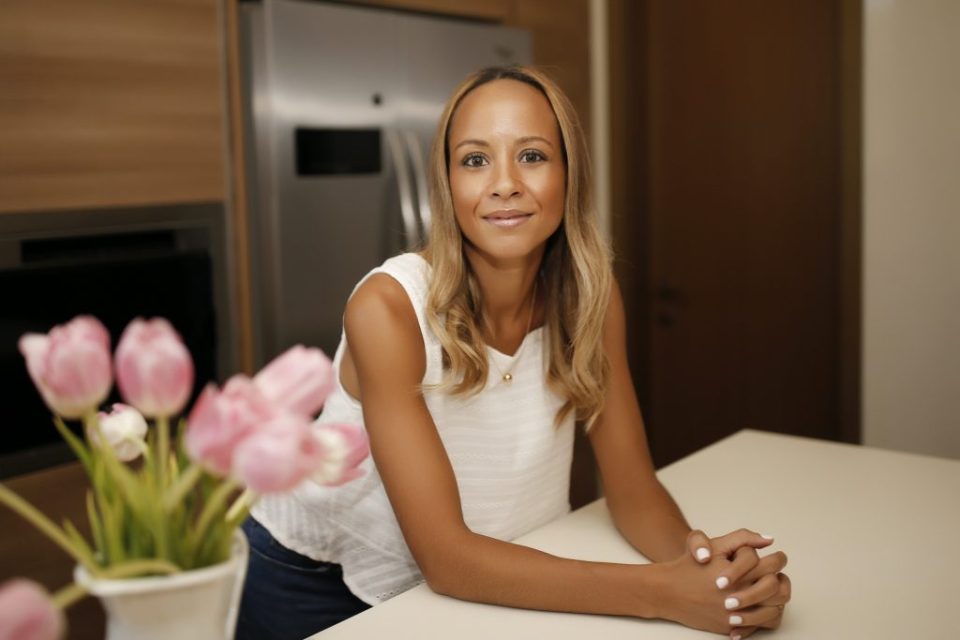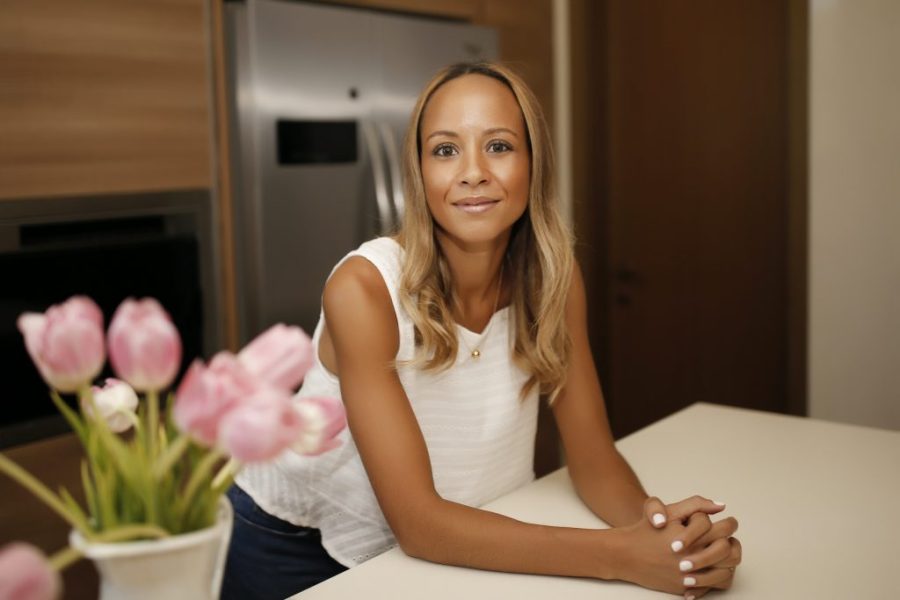Mariana de Oliveira Dias is a certified wellness consultant and nutrition coach, yoga instructor and raw vegan chef. In 2014 she opened Macao’s first cold-pressed juicery, Sattva Juicery and Kitchen, and more recently her consultancy, MOD – Integrated Wellness and Consulting, providing wellness services to Macao’s community through events, workshops and nutrition.
In 2020 the mother of three released My Wellness Journey, a comprehensive plan designed to make wellness habits achievable and long-lasting. In this column, Mariana answers your health, nutrition and wellness questions so we can all lead healthier happier liv
Dear Mariana,
It’s the beginning of a new year and I want to try to be healthier. I hope to cut down on my meat intake, but I’m worried that I won’t get enough protein. How can I move forward?
— Vegan Curious
Happy New Year, and thank you for the great question! This topic almost always comes up when discussing plant-based diets or reducing meat intake. As a vegan myself, I am constantly asked about my protein consumption: Where do I get it? Is it sufficient? How can I not just live, but thrive, without animal protein?
It’s actually pretty easy, since fruit, vegetables, and grains all contain protein, alongside a healthy mix of carbohydrates, fibre, vitamins, and minerals. By comparison, animal products such as eggs, chicken, fish and beef – often cited as the ‘best’ sources of protein – lack fibre, while simultaneously being high in fat and cholesterol. That’s why animal protein is often associated with chronic diseases, including heart disease, stroke, obesity, high blood pressure, high cholesterol, and Type 2 diabetes.
So plant-based protein is not only readily available, but it’s also better for your long-term health. Of course, the exact amount of protein you should consume every day depends on factors including your sex, age, and physical activity level. According to the Recommended Dietary Allowance (RDA), you should aim to consume 0.75 to 0.80 grams of protein per kilogram of bodyweight every day.
For the average male, that’s about 63g to 79g of protein per day; for women, between 50g and 63g daily. To calculate your needs, simply multiply your bodyweight in kg by 0.80 – that’s how much protein you should consume. It’s worth noting, though, that many health issues arise from eating too much protein, so try not to overdo it.
When I made the switch to become a vegan 13 years ago, I started by cutting out animal protein and adding superfoods and green juices to my diet. I also ate more nutrient-dense foods, ingesting a varied and colourful diet that better sustained my energy. I finally understood the true meaning of “eating the rainbow” and its benefits.
In that rainbow, you can find an abundance of plant-based protein – chickpeas, beans, peas, lentils, soy and tofu, tempeh, nuts, seeds, brown rice, millet, couscous, barley, rye, quinoa, buckwheat, mushrooms, edamame, dark leafy greens, raw green beans, pea sprouts… I could go on and on! Better yet, a small number of plant-based options contain all the essential amino acids (protein’s building blocks, important for the growth and maintenance of cells): quinoa, soy, buckwheat and amaranth.
But I’m sure you are curious about what a protein-packed, plant-based meal might look like. I’m a big breakfast person – I truly believe it is the most important meal and sets the tone for the day, so let’s start there. Try making rich chia puddings topped with fresh fruit and homemade granola, creamy overnight oats or homemade energy bars. These dishes burst with protein, flavour and nutrients and can also last for up to three days in the refrigerator.
If you’re not pressed for time, I recommend fluffy, gluten-free, oat banana pancakes (for extra protein add a 1/4 cup vanilla or natural vegan protein powder, or unsweetened peanut butter); quinoa with chai-spiced almond milk; a berry smoothie; or tofu scramble with smashed avocado on sourdough toast – these are all fantastic breakfast options, packed with protein, vitamins and healthy nutrients.
How you choose to approach a plant-based diet – and which animal foods, if any, you choose to exclude – is a personal choice. It’s important to listen to your body and chart your own path as you grow and evolve alongside society.
When I made the shift to become a vegan over a decade ago, I felt lighter, more vibrant, and happier. My skin also improved, as did my nails, hair, and mood… I felt and feel alive! This is about more than just healthy eating – it’s about being the conscious creator of your life.
In love & light,

Do you have a question for Mariana? She would love to hear from you! Please send it to [email protected]






